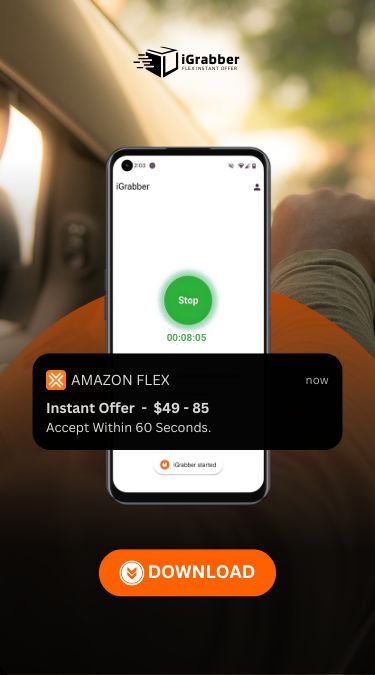Amazon Flex Drivers recently took a bold stand against the e-commerce giant Amazon, filing over 15,000 arbitration claims across three states. This development sheds light on the mounting frustrations of gig economy workers embroiled in challenges with “block grabbers.” These tech tools are becoming a major point of contention in the flexible work environment Amazon promotes.
Understanding the Issue: Block Grabbers and Flex Drivers
Amazon Flex Drivers operate as independent contractors, delivering packages using their vehicles. In theory, this arrangement grants them flexibility and autonomy. However, the reality is quite different. Many drivers face difficulties in securing delivery blocks due to the growing use of automated bots known as “block grabbers.”
What Are Block Grabbers?
Block grabbers are automated software tools that claim available delivery slots faster than any human driver could manually. These tools disrupt the equitable distribution of work, placing Flex drivers at a disadvantage. Drivers using block grabbers often capitalize on prime time slots, leaving fewer opportunities for others.
Amazon has expressed its stance against these tools, emphasizing its commitment to ensuring fairness. Nonetheless, many drivers feel that not enough has changed, prompting the arbitration claims against the company.
The Stakes for Flex Drivers
The arbitration claims underscore the drivers’ collective frustration and highlight several critical areas of concern:
- Unfair Competition: Block grabbers tilt the playing field, leaving many drivers without sufficient work opportunities. This situation compromises their ability to earn a dependable income.
- Lack of Regulatory Oversight: Flex drivers are independent contractors. Consequently, they have limited protections and access to benefits typically available to traditional employees.
- Consequences of Inconsistent Work: With unpredictable access to delivery blocks, drivers struggle to plan their finances, affecting their overall livelihood.
In seeking arbitration, drivers hope to highlight these inequities and push for tangible solutions that promote fairness and balance in their work environment.
Amazon’s Response and the Path Forward
Amazon has acknowledged the drivers’ concerns. In response, they reported actively working on technological solutions to mitigate the exploitative use of block grabbers. The company emphasizes its efforts to ensure that work is distributed based on fairness and merit.
However, the success of these technological interventions remains in question. Drivers argue that more substantial changes are needed to level the playing field.
Options for Drivers: What Comes Next?
Flex drivers find themselves at a crossroads, assessing various options to address the challenges posed by block grabbers. For drivers looking for efficient solutions, understanding how systems like iGrabber work can offer insight. Here’s a glimpse into potential pathways:
- Pursuing Legal Action: Continuous legal pressure may drive Amazon to introduce comprehensive changes that protect driver interests.
- Technological Advancements: Embracing tools that ensure equitable block distribution can redefine fairness within the platform.
- Community Advocacy: Building a strong community voice can amplify concerns and encourage Amazon to prioritize driver welfare.
- Exploring Alternative Platforms: Some drivers might consider exploring alternative gig platforms where opportunities are more fairly distributed without the interference of automated tools.
The path forward is uncertain, yet drivers remain optimistic that their concerns will eventually lead to meaningful change.
The Broader Implications for the Gig Economy
The situation faced by Amazon Flex drivers is not an isolated issue but part of a broader challenge within the gig economy. As more companies rely on flexible, independent workforces, the need for equitable treatment and safeguarding against exploitation becomes paramount.
The ongoing arbitration claims against Amazon underline the necessity for fair practices in the digital age. As the gig economy continues to grow, it will be crucial for companies to address these issues proactively to maintain a sustainable and ethical workforce.
Conclusion: Striving for Fairness and Equity
The tension between Amazon Flex drivers and the company reflects the evolving nature of work in the gig economy. As drivers fight for fairness and equitable access to opportunities, it becomes increasingly imperative for platforms like Amazon to listen and adapt.
Solving the challenge posed by block grabbers could set a precedent, transforming the environment for all gig workers. By addressing these concerns and implementing effective solutions, Amazon has the opportunity to enhance the experience of its drivers, offering them the true flexibility and autonomy the gig economy promises.
For more in-depth coverage on the arbitration claims and their implications, you can visit the original Freight Waves article.
Interested drivers can also explore iGrabber’s home page to understand how technological solutions can aid in optimizing gig work efficiency.





